“Life doesn’t make any sense without interdependence. We need each other, and the sooner we learn that, the better for us all.” ― Erik H. Erikson
Were you socialized to “put others first,” “think about others’ feelings,” “consider others’ perspectives,” be “open to input and influence,” “have empathy,” and “be caring and considerate”? Historically, these expectations have fallen along the lines of a gender-binary societal model, with females expected to be caring, considerate, “good girls” and males raised to be assertive, entitled, action-oriented “go-getters.”
Regardless of gender or gender identity, anyone can find themselves acting codependently or counterdependently. Understanding the difference between codependent and counterdependent behaviors can help you adjust the way you approach intimate relationships, and move toward healthy interdependence with a partner.
Codependence can often be hard to spot in oneself and others. Codependent behaviors may bring social rewards: approval, smiles, invitations, connectedness, and a feeling of social belonging. In general, they also minimize potential negative responses: criticism, frowns, rejection, hostility, cold shoulders, and others’ disapproval.
In this way, codependent behaviors can be socially perpetuated in everyday family interactions (where we try to keep the peace), at work (where we depend on paychecks to pay our bills), and in personal relationships (where we rely on others for emotional support).
Related: How to Continue Being Yourself In A Relationship
Codependent
- You adapt to others and “lose” yourself, or over-rely on others for a sense of purpose.
- You spend a lot of time imagining what others feel and think, and how they will react.
- Setting boundaries triggers anxiety.
- Sometimes, you’re not sure what your needs are or if you have any.
- If you do know your needs, you don’t feel entitled to them.
- You find it hard to communicate directly: you find indirect ways of getting needs met.
- You’re tuned into others’ emotions, and feel overwhelmed when there’s conflict.
- You dread being judged by others.
- Shame, fear and self-blame overwhelm you when others pull away.

Counterdependent
- You avoid closeness and intimacy, except on your own terms.
- Your boundaries tend to be rigid.
- You may view life, values and people in absolute terms: good/bad, right/wrong.
- You have a low tolerance level for other’s feelings and needs.
- You may view needing others as a sign of weakness.
- A fragile sense of self makes it hard to tolerate “losing” or rejection.
- You’re haunted by a sense of chronic emptiness resulting from your disconnection from loving, meaningful relationships.
Related: 7 Ways To Transform Clingy Insecurity Into a Superpower For Healthier Relationships
Interdependent
- You feel at ease with who you are.
- You can adapt and change to improve your life and your relationships.
- You can stand strong, advocate for yourself, and be true to your values.
- You’re able to set limits even when other’s may be disappointed by you.
- You have learned to say “no”.
- You rarely go along with something you can’t or don’t want to do.
- When you say “yes,” you mean it.
- You can take in feedback from others, even if it’s “negative”.
- You can honor your own needs and also consider others’ needs.
Keep this spectrum in mind, and get curious about where you fall on it at different moments in your relationship. Practice behaviors that foster interdependence.
Follow Alicia Muñoz on Instagram for more informative and interesting posts, @aliciamunozcouples.
Written By Alicia Muñoz Originally Appeared On Alicia Muñoz
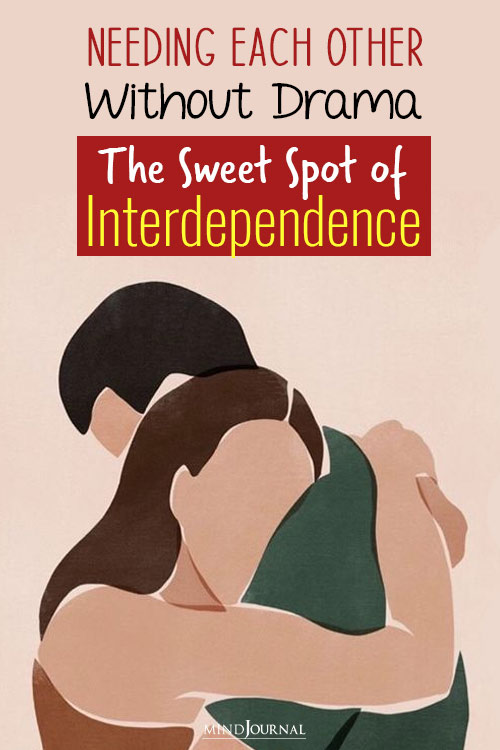
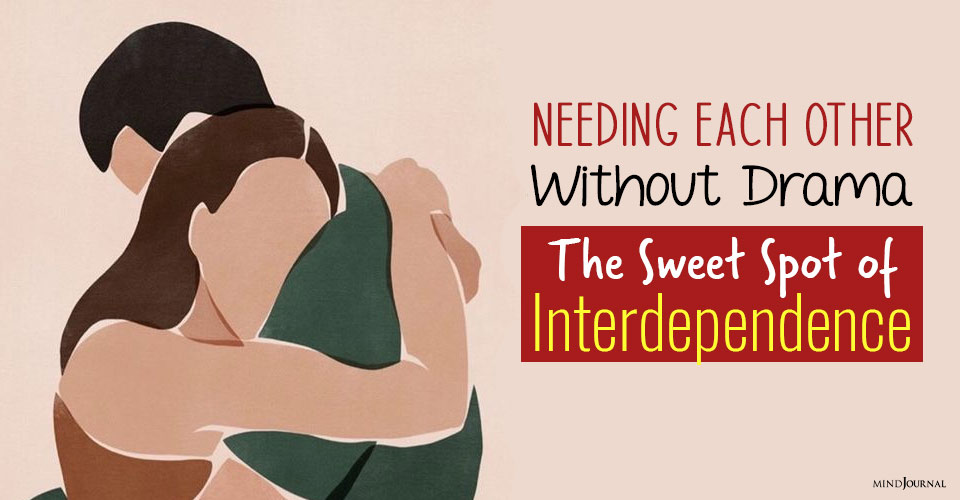
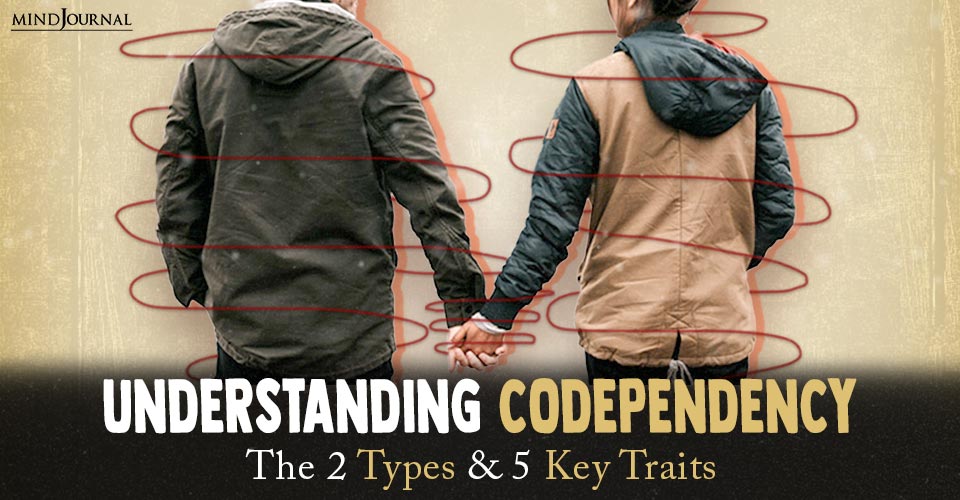
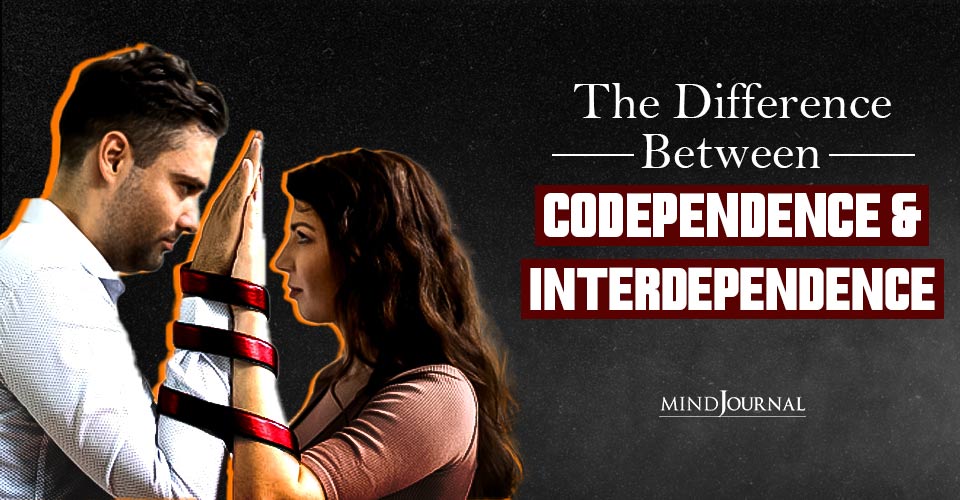
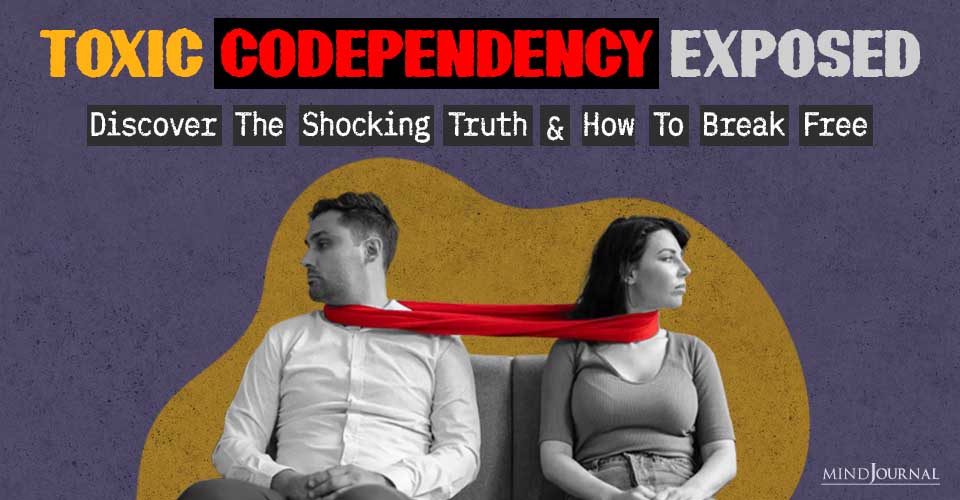
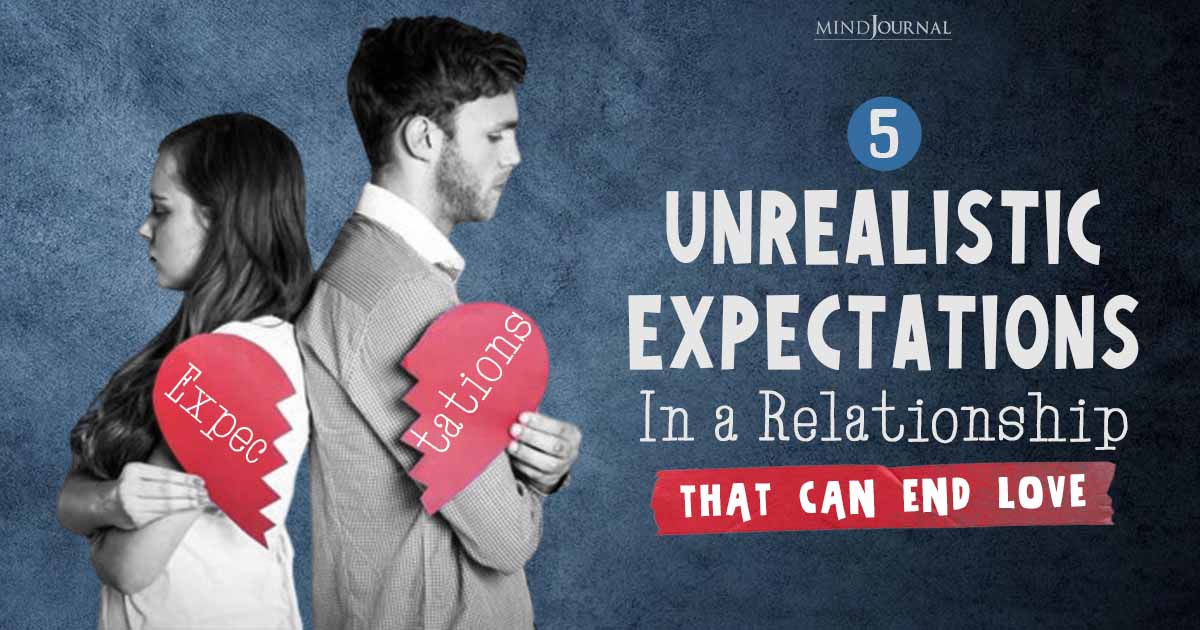
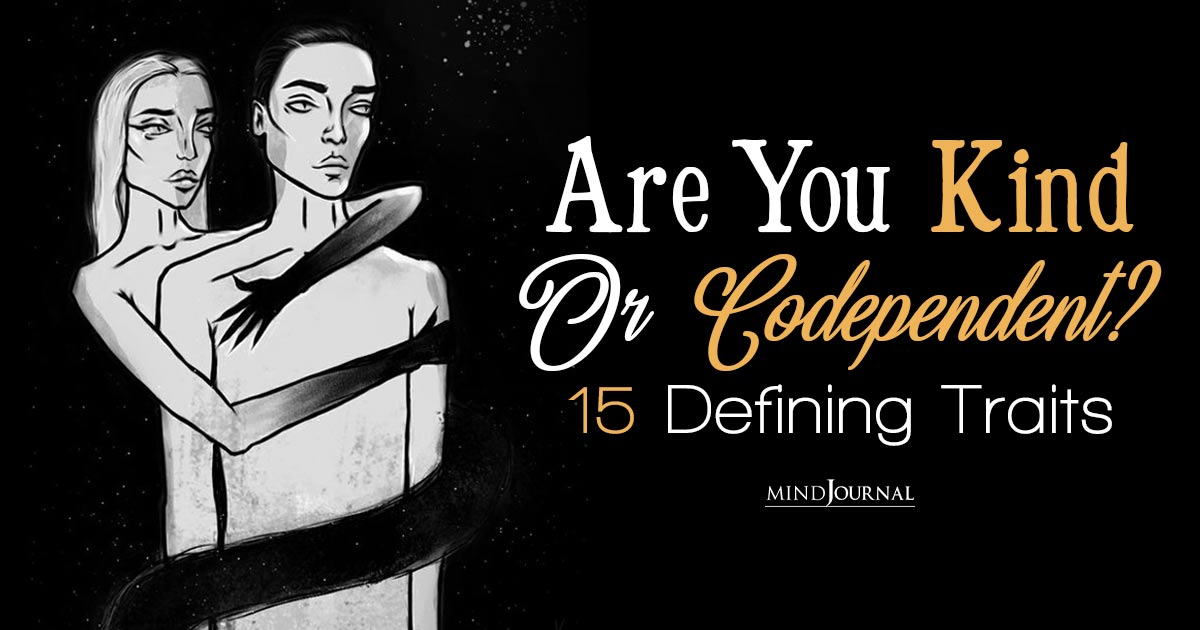
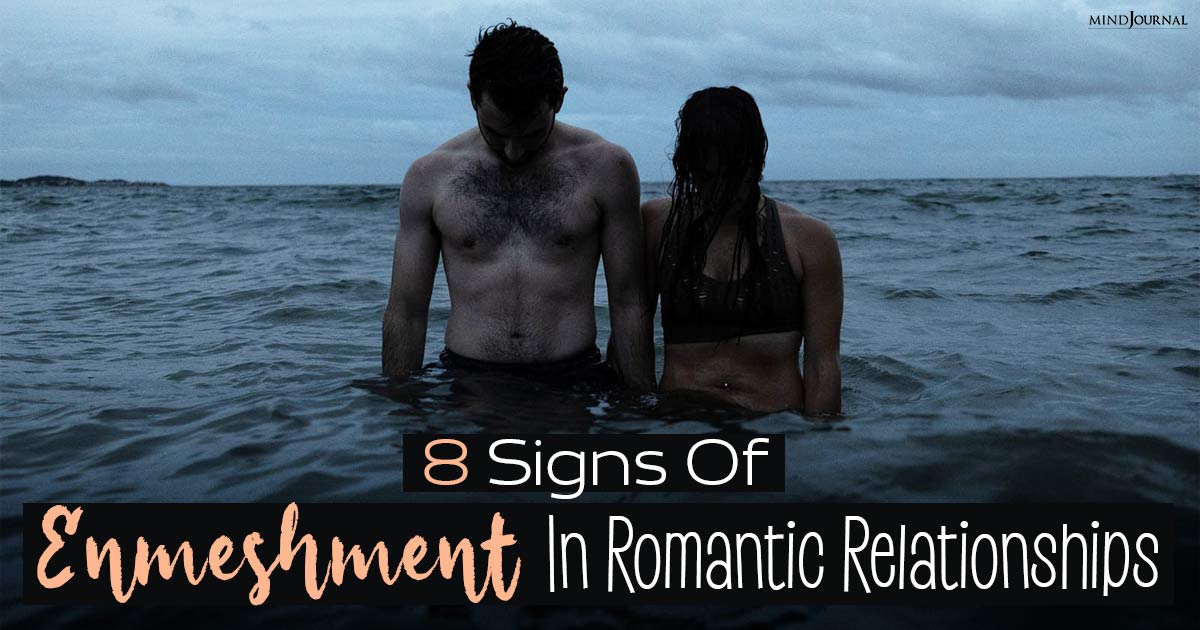
Leave a Reply
You must be logged in to post a comment.